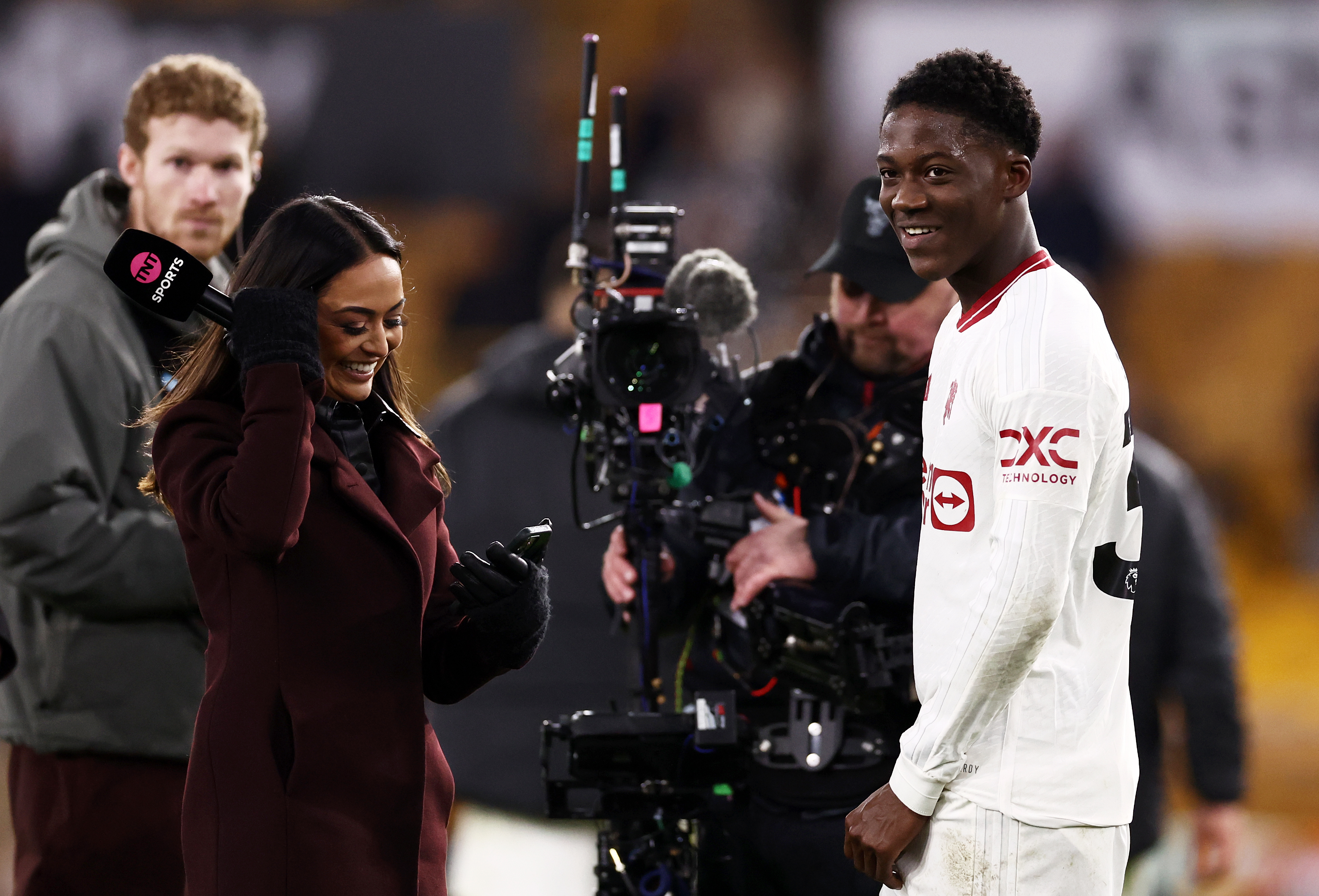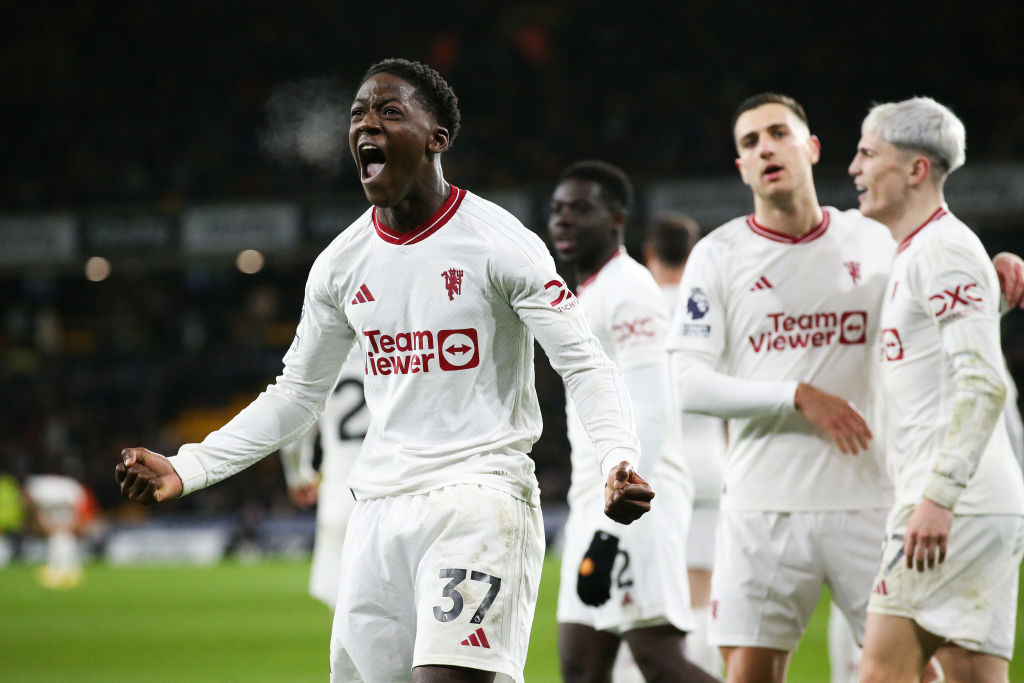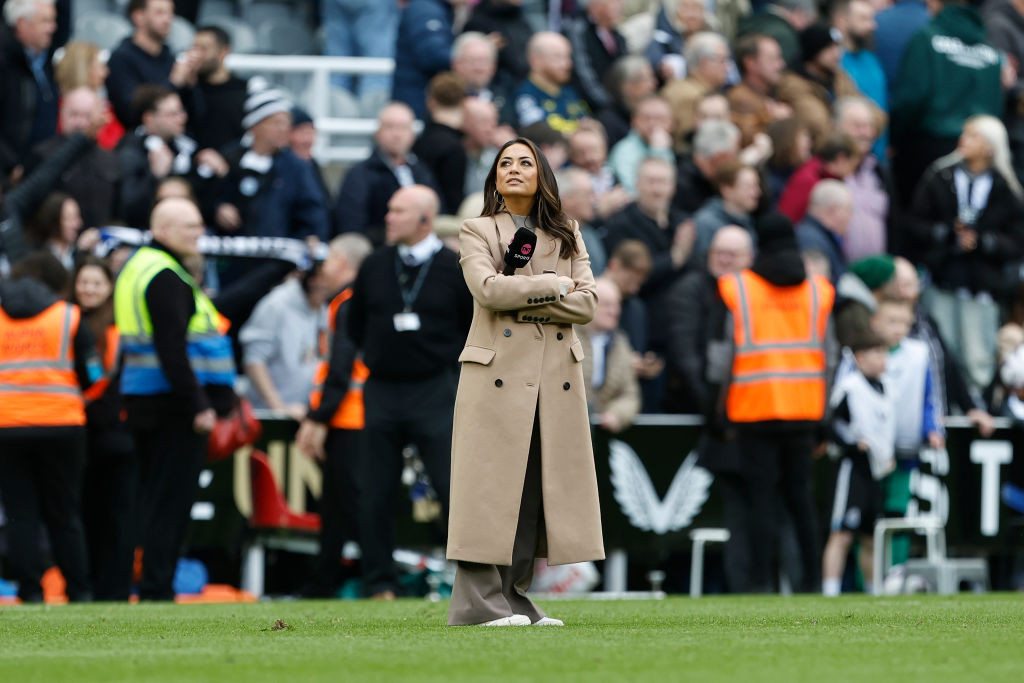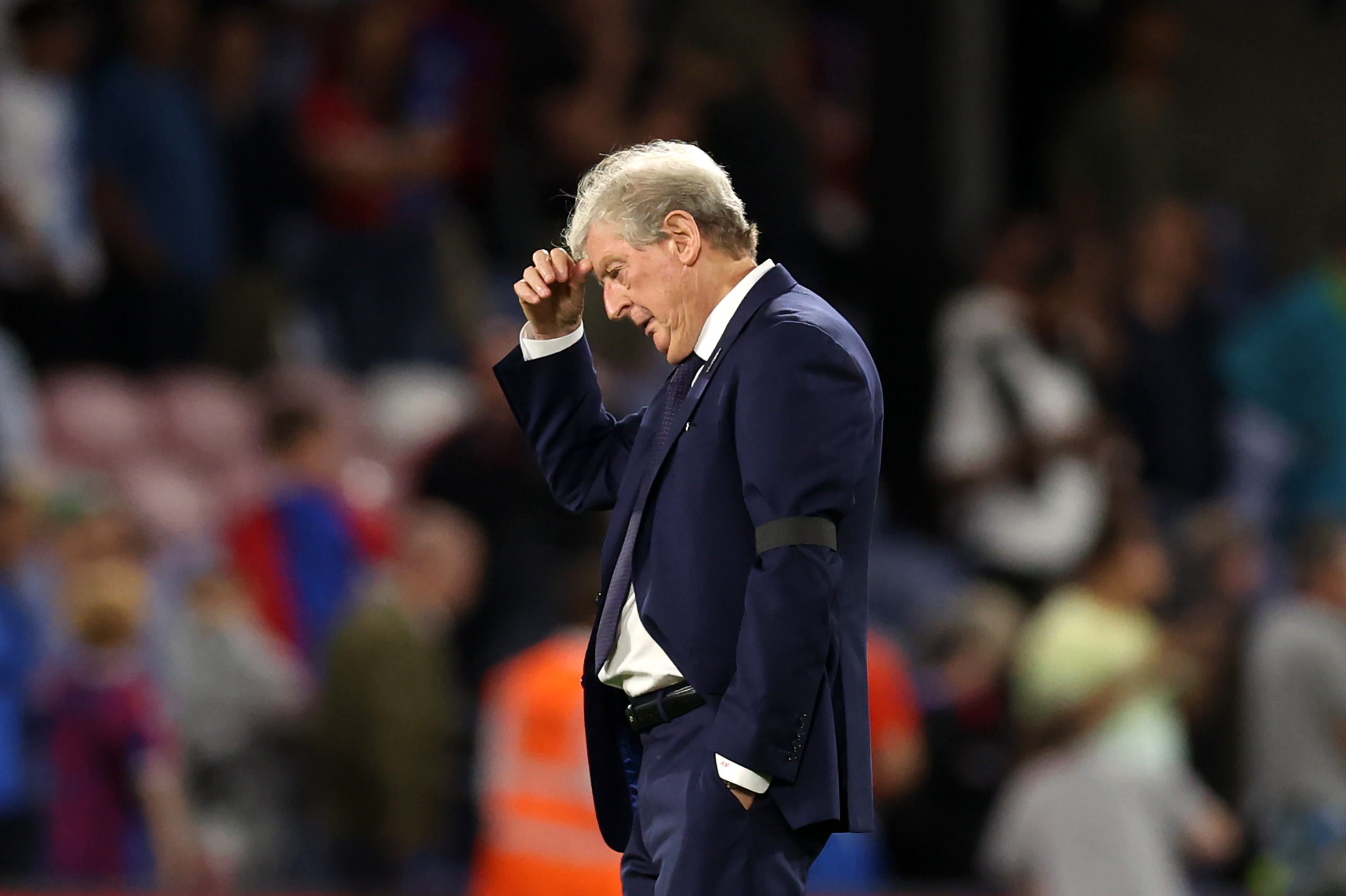
There’s nothing quite like the new season buzz. That fresh feeling of optimism, excitement, belief and often blind faith that this will be your team’s year always bubbles up as another campaign gets underway.
With the Premier League up and running again, it also means a return to my regular duties as match reporter and presenter for TNT Sports.
FourFourTwo were fascinated to find out what it’s like for me being tasked with a post-match interview, win or lose, and dealing with that pressure when you are broadcasting live to the nation.

It’s a combination of a huge adrenaline rush, nerves and excitement, but there’s no doubt that being the first person to speak live to the stars after a big win or special moment in their career is one of the most fun parts of the role.
As you can imagine, it’s not as straightforward as it sometimes looks on screen, and there are so many layers, rules and processes to follow when it comes to how the media work with a football club on a Premier League matchday.
Using Saturday’s 12.30pm kick-off as an example, on arrival, as the host broadcaster, TNT Sports are given first access to both managers, as well as one player from either side for interviews before the match.
We have a team ensuring everything is timed meticulously, as I often have to run from one live slot into another with only a few minutes in between to digest the team news. Post-match, we are granted a minimum of one player on the pitch, shortly after the final whistle.
We are also given priority to interview both managers, and at least one more player from both teams, usually conducted in the interview room. Each football club has a media team, with press officers who are in contact with us regularly during the match, who decide who is available for interviews.

Our job at TNT Sports is to follow the story and request who we think might provide us with the best interview post-match, and hope that the player and club are happy to oblige.
As you would expect, that doesn’t always go to plan and there are lots of last-minute changes.
Think injury-time goals, red cards, late equalisers, penalties, VAR decisions gone wrong – all of those things have a huge impact on who we interview. Sometimes, you might have a matter of seconds to plan your questions, or no time at all.
I’ve been stood on the pitch after the final whistle, microphone in hand, having been told I’m interviewing one player, but seeing someone completely different walking towards us.
It certainly keeps you on your toes, and the best part is that every match is different.
My favourite moment from last season was an on-pitch interview at Molineux with Kobbie Mainoo and Bruno Fernandes after Manchester United’s dramatic 4-3 win over Wolves.

Pedro Neto equalised for Wolves in the 95th minute, before Mainoo scored the winner in the 97th minute, which was also the youngster’s first ever Premier League goal.
We went from requesting an interview with Marcus Rashford, who was also on the scoresheet, changing it to Neto after his equaliser, to two minutes later, requesting Mainoo after his late heroics. It was chaos, as you can probably appreciate.
Talking to a bashful but buzzing Mainoo minutes after that special goal, while his captain stood next to him full of pride, was one of those interviews where I couldn’t stop smiling throughout.
You could feel their emotion and see their authentic reactions – those moments after significant wins, and goals you know mean so much to the players, are such a pleasure to be a part of. However, they’re not always that fun.
For every big win, there’s a losing manager and players who have completely contrasting emotions, and you sometimes only have a short space of time between interviews to adjust. Players and managers can often understandably be disgruntled – after all, I wouldn’t want to be in front of a camera after a rough defeat.
One of the toughest moments last season was interviewing Roy Hodgson after Crystal Palace’s defeat at Arsenal. The travelling fans had held up banners calling for changes at the club, so it wasn’t easy addressing that with Hodgson, and whether he felt any of the fan frustration was aimed at him.
The interview rooms are small and eerily quiet – as long as you’re direct but still fair, and ask questions you know the fans want the answers to, overcoming the challenges of those interviews can also often be very professionally rewarding.
With an endless stream of football content readily available on tablets, phones, radios and TVs, supporters are always desperate to hear exactly what their favourite players and managers think. So here’s to another season of memorable moments, throwing the script in the bin, and having a whole load of fun along the way.







